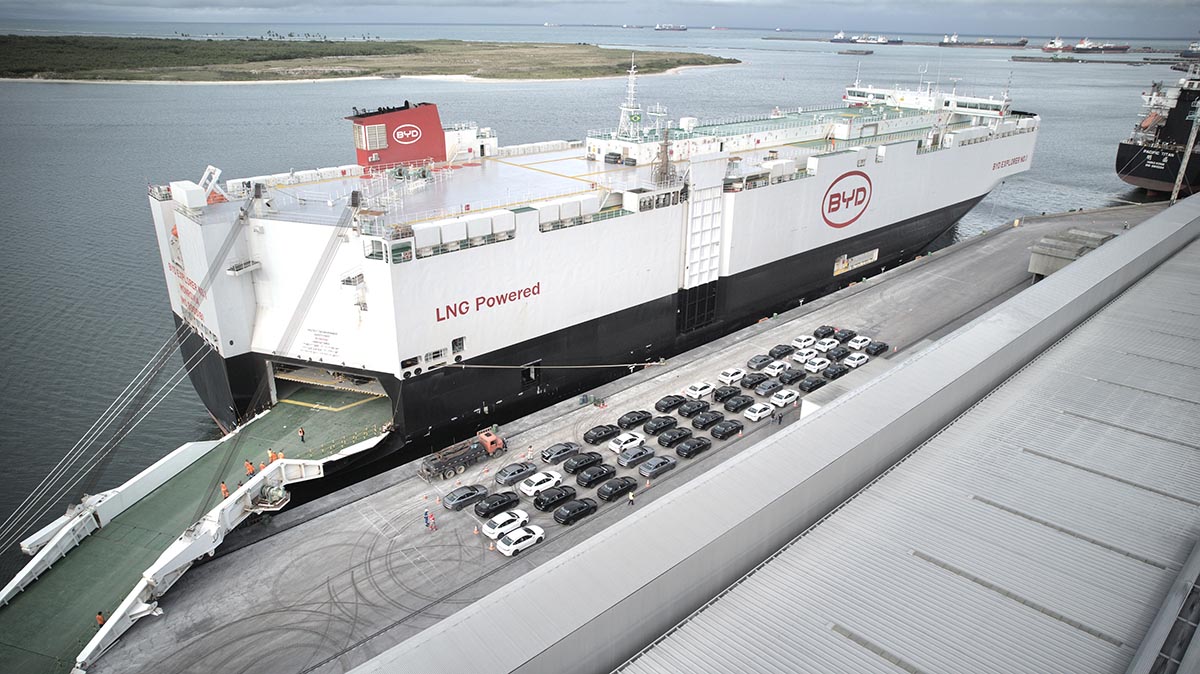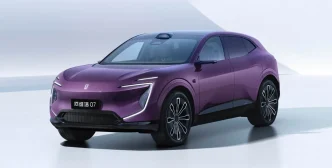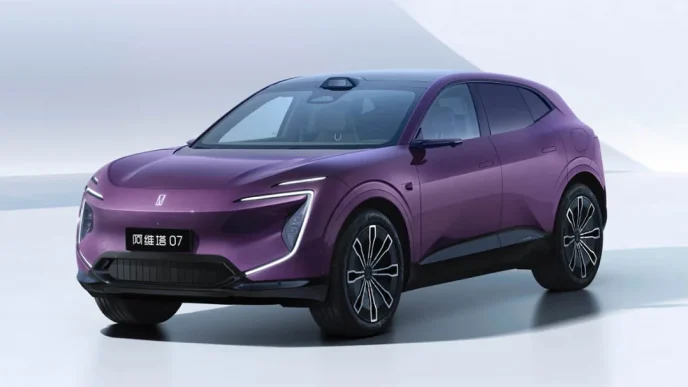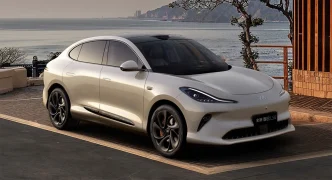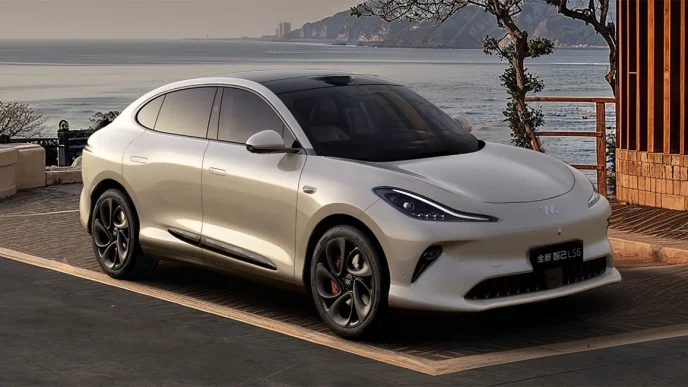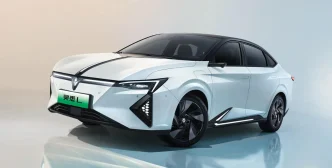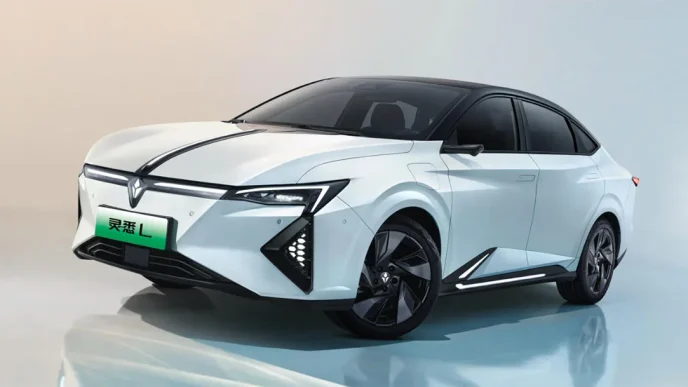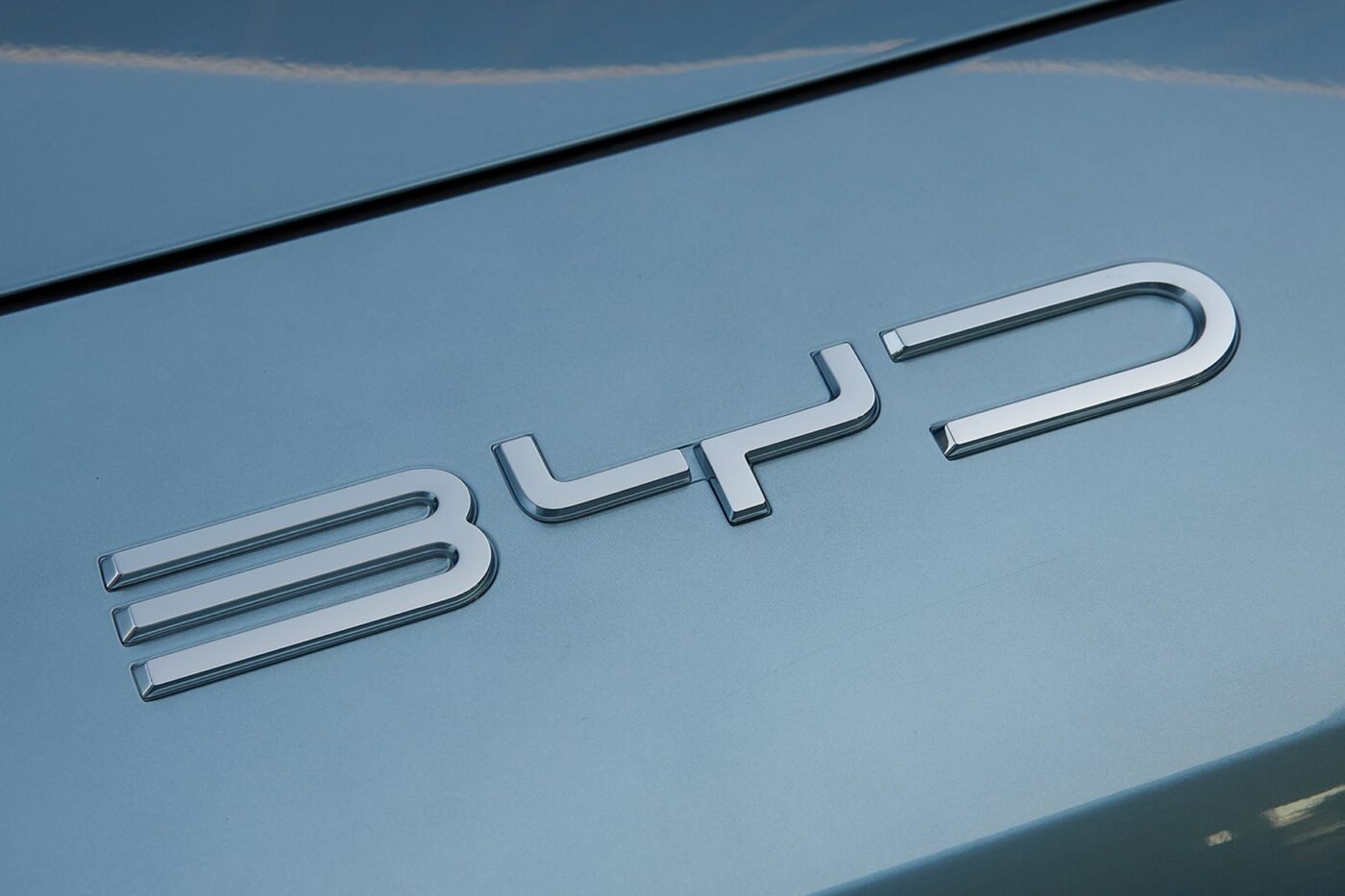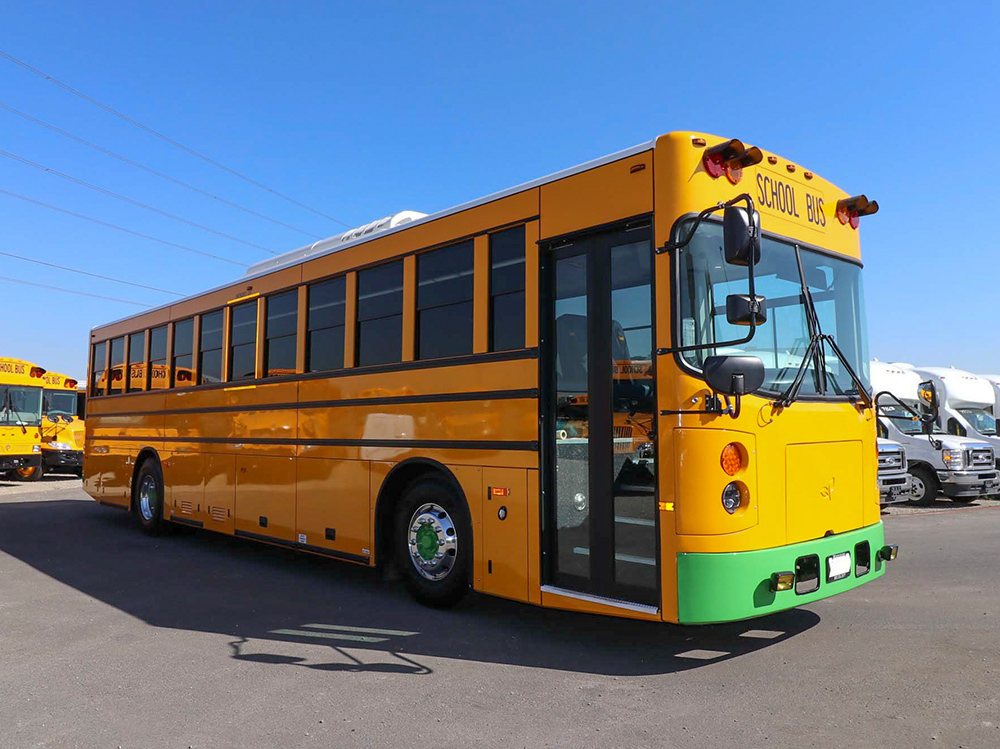The European Union has delayed its vote on imposing special tariffs on electric vehicles imported from China, leaving open the possibility that an agreement may still be reached. Originally expected to take place on September 25, the vote was postponed as negotiations between EU and Chinese representatives continue in Brussels, according to a report by Politico.
Despite several rounds of talks, officials have yet to reach an agreement, and it remains unclear whether the extended discussions signal a potential breakthrough. EU officials have not publicly commented on the ongoing negotiations or the possibility of an extension.
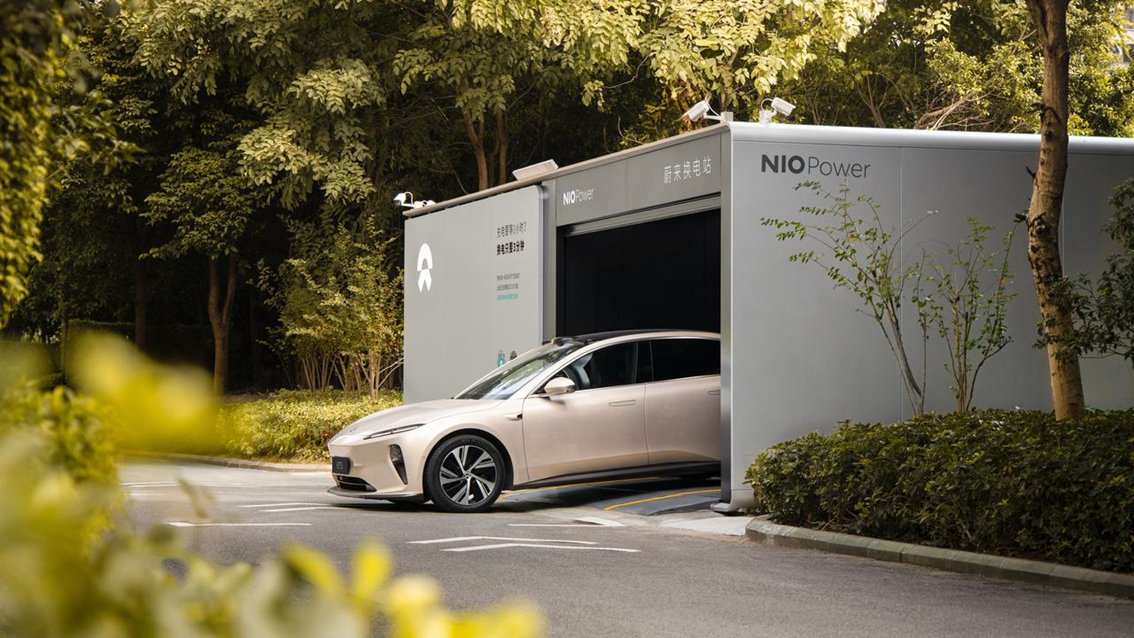
One option reportedly under consideration is the introduction of voluntary minimum prices for Chinese electric vehicles, which could “offset the market-distorting Chinese subsidies, thereby rendering the planned EU duties moot,” Politico reported. These proposed tariffs stem from the EU’s investigation into subsidies provided by the Chinese government to its electric vehicle manufacturers, which the EU claims allow Chinese automakers to undercut European prices unfairly.
Last week, high-level talks were held in Brussels between EU Trade Commissioner Valdis Dombrovskis and Chinese Trade Minister Wang Wentao, but no agreement was reached. Negotiations have since continued at a lower level, though details on the progress remain scarce. A Chinese industry representative noted, “Only the negotiators remained in Brussels,” but could not confirm how receptive the EU was to China’s proposals, according to Politico.

Germany, concerned about the potential economic fallout from a trade war with China, has been a key opponent of the proposed tariffs. However, Berlin has struggled to gather sufficient support within the EU to block the measures. If a negotiated settlement is not reached soon, the EU Council vote on the tariffs could take place within days.

